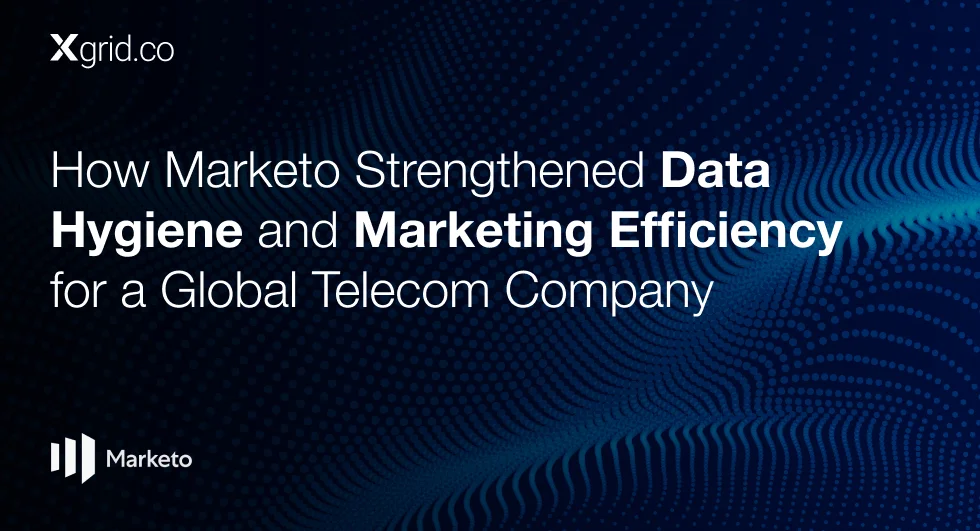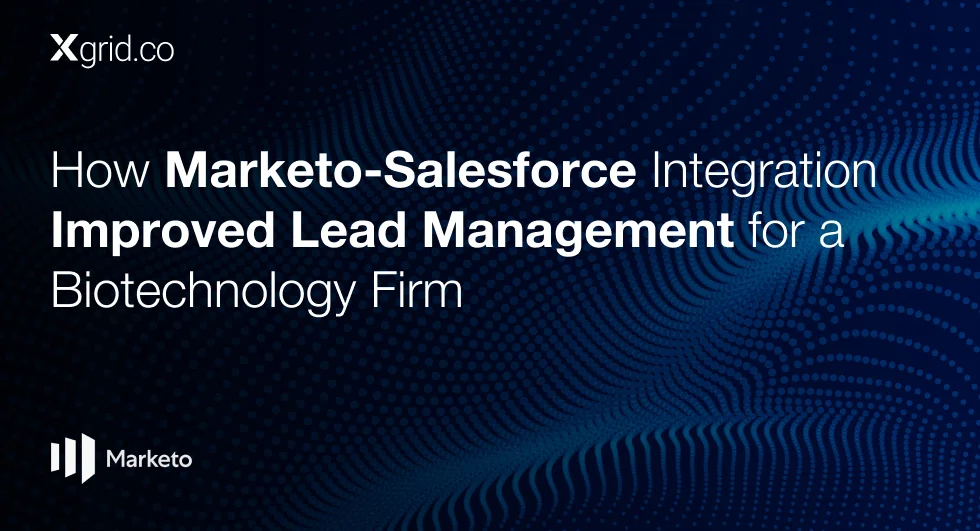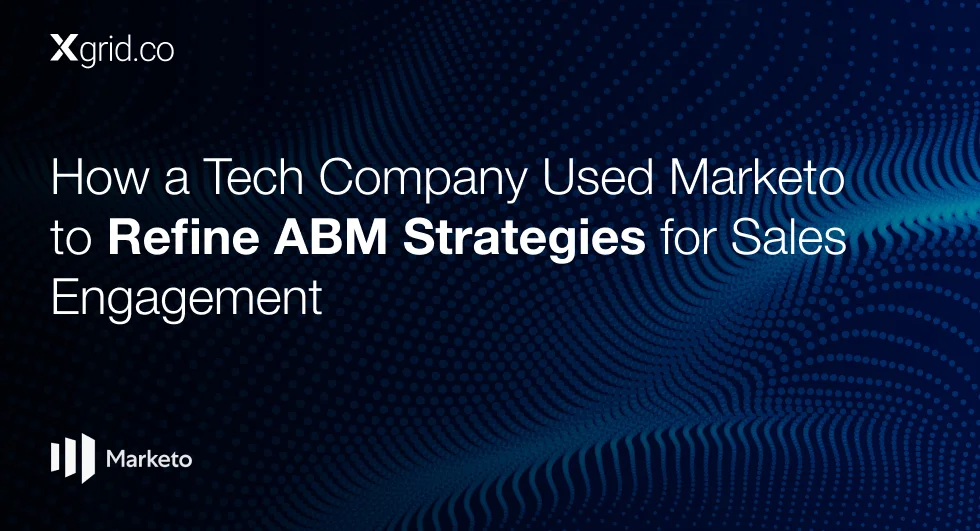CRM in Decline: How Marketo is Leading the Shift to a Data-Driven Marketing Future
Marketo is redefining how businesses approach customer data and engagement, moving beyond the static nature of CRM to a more fluid and integrated marketing automation model.
The Limitations of Traditional CRM
Henley describes traditional CRM as a “system of record” – a place to store customer data and manage interactions. While this has its benefits, it falls short in driving revenue. “A CRM system stores data and allows you to know things, but it doesn’t actively help you grow your business,” he explains.
In contrast, Marketo focuses on engagement and interaction. Instead of merely cataloging customer information, Marketo leverages data to facilitate ongoing conversations, nurture leads, and drive conversions.
This proactive approach to customer engagement is why businesses are turning to marketing automation as a more effective alternative to traditional CRM systems.
Data Integration: The Future of Customer Engagement
Henley highlights that one of the main reasons CRM is in decline is the rise of integrated data platforms. “Now we have common data platforms (CDPs) that allow you to plug into multiple data sources,”he says.
These sources include not only CRM data but also live feeds from traffic, weather, road systems, and even customer behavior across different platforms.
Marketo excels in this environment by providing a unified interface where companies can access and utilize data from various sources.
This integration enables more sophisticated targeting and personalization than what is typically possible with standalone CRM systems.
Marketing Automation: Beyond Record-Keeping to Revenue Generation
What sets Marketo apart from CRM is its focus on actively driving customer engagement. “Marketing automation generates new business; it generates leads and can be tied directly to revenue,”Henley states.
Through Marketo Campaign Management Services, businesses can track customer behaviors, trigger automated responses, and create personalized marketing campaigns that resonate with individual preferences and needs.
For example, a company using Marketo can track a customer’s journey through different stages of engagement – from visiting a website to attending a webinar – and tailor its communications accordingly.
This dynamic interaction is a stark contrast to the static record-keeping of traditional CRM systems.
Why Marketo is the Better Data Feed
Henley points out that while CRM systems can still serve as valuable data feeds, they are not essential. “You haven’t always needed a CRM,” he says, “but you need a system that helps you engage with your customers in real-time.”
Marketo fills this role by offering a platform that not only captures customer data but also uses it to fuel ongoing engagement across multiple channels.
This shift towards using marketing automation platforms like Marketo signifies a move away from siloed data and static customer records toward an integrated, dynamic approach to customer engagement.
In Summary
The traditional CRM system is being overtaken by more versatile and integrated marketing automation platforms like Marketo. By focusing on engagement, real-time data integration, and revenue generation, Marketo supports data-driven sales outreach, providing businesses with the tools they need to adapt to a data-driven marketing future.
Key Takeaway: Marketo shifts the focus from static customer records to dynamic engagement, offering a more effective and revenue-focused alternative to traditional CRM systems.
Downloads
Article (PDF-276 KB)MOST POPULAR INSIGHTS
- How Marketo Strengthened Data Hygiene and Marketing Efficiency for a Global Telecom Company
- How Marketo-Salesforce Integration Improved Lead Management for a Biotechnology Firm
- How a Tech Company Used Marketo to Refine ABM Strategies for Sales Engagement
- How Marketo Campaigns Were Streamlined with Templates and Tokens
- How Marketo Solidified Marketing Insights with Custom Attribution Models
Related Articles
Related Articles

Established in 2012, Xgrid has a history of delivering a wide range of intelligent and secure cloud infrastructure, user interface and user experience solutions. Our strength lies in our team and its ability to deliver end-to-end solutions using cutting edge technologies.
OFFICE ADDRESS
US Address:
Plug and Play Tech Center, 440 N Wolfe Rd, Sunnyvale, CA 94085
Pakistan Address:
Xgrid Solutions (Private) Limited, Bldg 96, GCC-11, Civic Center, Gulberg Greens, Islamabad
Xgrid Solutions (Pvt) Ltd, Daftarkhwan (One), Building #254/1, Sector G, Phase 5, DHA, Lahore




